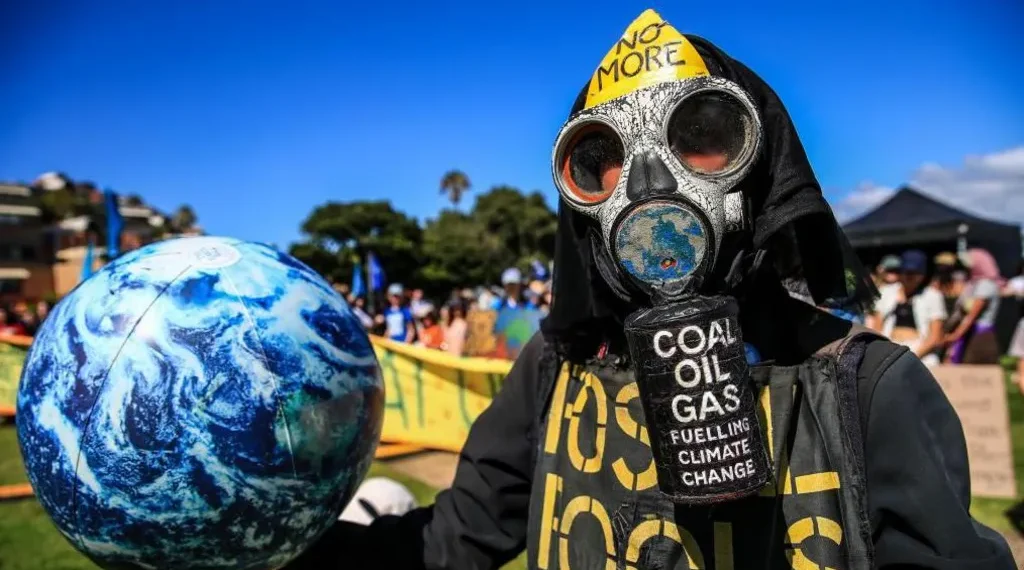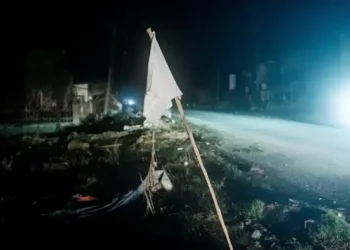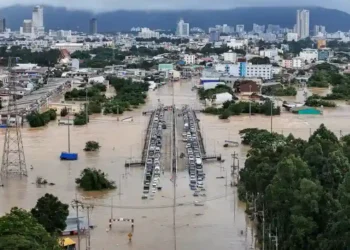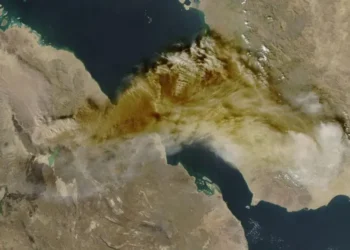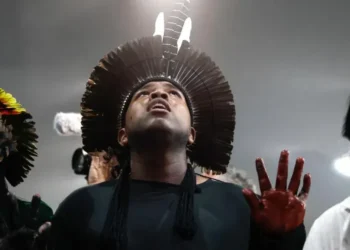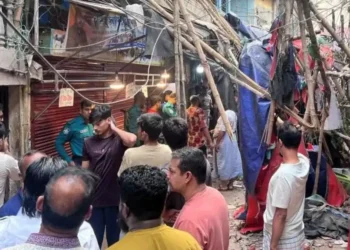COP29 Climate Deal: Poorer Nations Say It’s Too Little, Too Late
At COP29, a landmark climate deal was struck, with richer countries pledging to increase their funding to help developing nations combat climate change. The promise of $300 billion a year by 2035, along with efforts to raise $1.3 trillion annually from both public and private sources, marks a significant commitment. However, the deal has been met with frustration and criticism from poorer countries, which argue that it falls far short of what is needed.
The talks in Baku, Azerbaijan, ran 33 hours late and nearly collapsed. Although some progress was made, the final agreement failed to meet the $1.3 trillion annual funding target that developing nations had demanded. The African Group of Negotiators described the pledge as “too little, too late,” while India’s representative called the funds “a paltry sum.”
Key Points of the COP29 Deal
The deal acknowledges that developing countries are most affected by climate change, despite contributing the least to the problem. Simon Stiell, head of the UN climate body, acknowledged that the agreement was far from perfect, noting that no country got everything it wanted.
By 2035, the $300 billion pledge aims to help poorer nations transition away from fossil fuels and invest in renewable energy like wind and solar power. Additionally, there’s a commitment to triple funding for climate adaptation, something that has historically been underfunded.
Despite the deal’s positive aspects, many feel it doesn’t go far enough. India’s representative, Leela Nandan, slammed the funding amount, calling it “abysmally poor.” The Alliance of Small Island States, whose countries are sinking due to rising sea levels, expressed deep dissatisfaction with the deal.
Criticism from Climate Charities
Climate organizations have criticized the agreement, calling it insufficient in the face of a growing climate crisis. Jasper Inventor, head of Greenpeace’s COP29 delegation, described the deal as “woefully inadequate,” while WaterAid called it a “death sentence” for millions. Extinction Rebellion and Friends of the Earth also condemned the deal, saying it failed to deliver the leadership needed to address the climate crisis.
Mike Childs, head of policy at Friends of the Earth, said that global climate leadership is still “light years away” from where it should be. The talks, he argued, failed to solve the crucial issue of climate finance and merely “kicked the can down the road.”
The Influence of U.S. Politics on the Deal
The outcome of the talks was influenced by the election of U.S. President Donald Trump, a climate skeptic who has expressed plans to withdraw the U.S. from the Paris Agreement. Experts, like Professor Joanna Depledge, noted that the deal’s final funding number was reduced because the U.S. is unlikely to contribute much. This leaves other developed countries to make up for the shortfall.
Li Shuo of the Asia Society Policy Institute stated that the prolonged negotiations and the resulting compromise reflected the increasingly difficult geopolitical landscape.
Mixed Reactions to the Deal
While some saw the deal as a step forward, others were disappointed by its shortcomings. UK Energy Secretary Ed Miliband acknowledged that the deal didn’t meet all expectations but called it a “huge opportunity” for British businesses to invest in emerging markets.
Developed nations, including the UK and the European Union, had hoped for stronger commitments from countries to reduce fossil fuel use. However, the final deal only reiterated the previous commitment to transition away from fossil fuels. This language was not strong enough for many countries, and the issue will be revisited in future negotiations.
Countries heavily reliant on fossil fuels, particularly in the Arab world, resisted any further steps to reduce fossil fuel usage. Saudi Arabia, for example, opposed any measures that targeted specific sectors like oil and gas.
Climate Leadership from Other Nations
Despite the frustrations, some countries made bold pledges. UK Prime Minister Keir Starmer announced an ambitious plan to reduce the UK’s emissions by 81% by 2035. This was widely praised as a strong climate leadership move.
The host country, Azerbaijan, was seen as a controversial choice, as it plans to expand gas production by up to a third over the next decade. Looking ahead, Brazil is seen as a better candidate to host the next COP summit in 2025, given President Lula’s strong commitments to tackling climate change and reducing deforestation in the Amazon rainforest.
Conclusion
The COP29 climate deal is a step forward in addressing the global climate crisis, but it has left many poorer nations feeling frustrated and unheard. While the deal’s promises of funding are a recognition of the disproportionate impact of climate change on developing countries, many believe it does not go far enough to address the scale of the problem. As the climate crisis continues to worsen, the world will need to work harder to find solutions that meet the needs of the most vulnerable nations.
This article was rewritten by JournosNews.com based on verified reporting from trusted sources. The content has been independently reviewed, fact-checked, and edited for accuracy, neutrality, tone, and global readability in accordance with Google News and AdSense standards.
All opinions, quotes, or statements from contributors, experts, or sourced organizations do not necessarily reflect the views of JournosNews.com. JournosNews.com maintains full editorial independence from any external funders, sponsors, or organizations.
Stay informed with JournosNews.com — your trusted source for verified global reporting and in-depth analysis. Follow us on Google News, BlueSky, and X for real-time updates.
